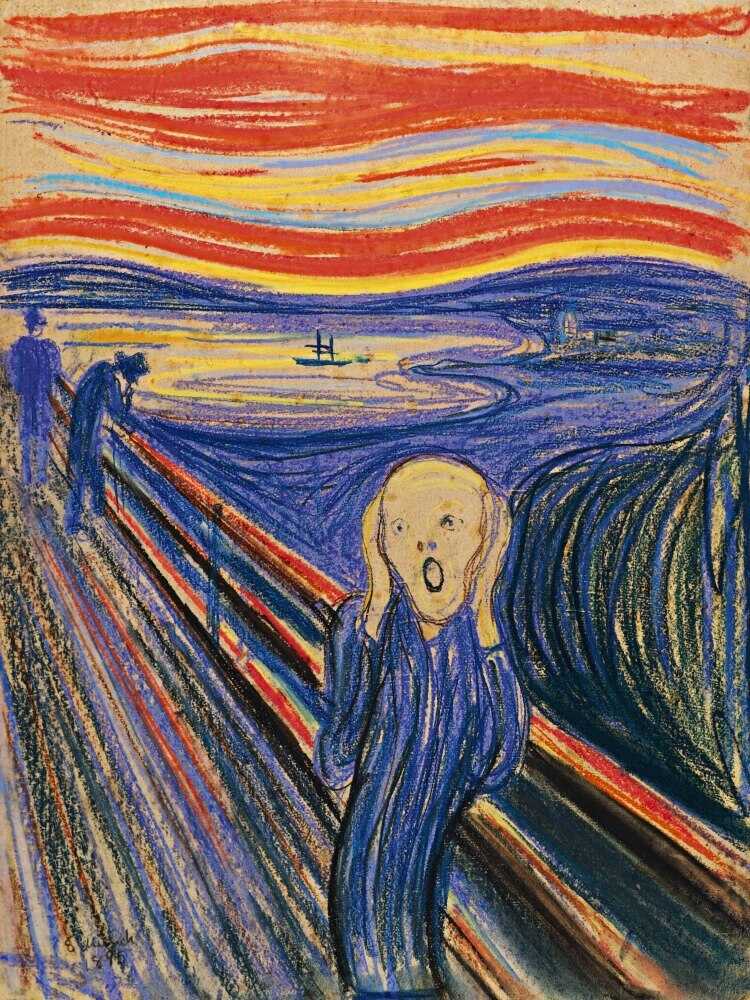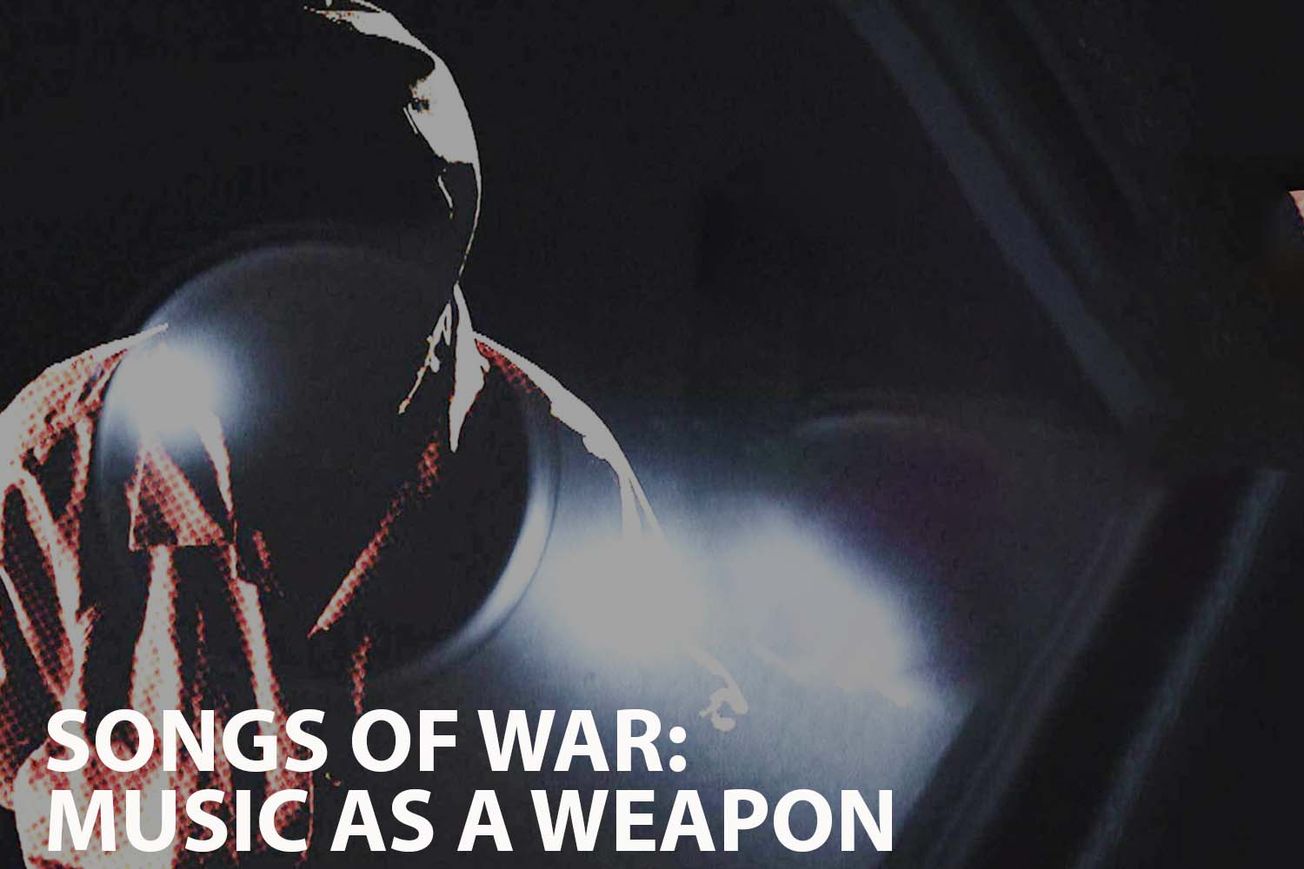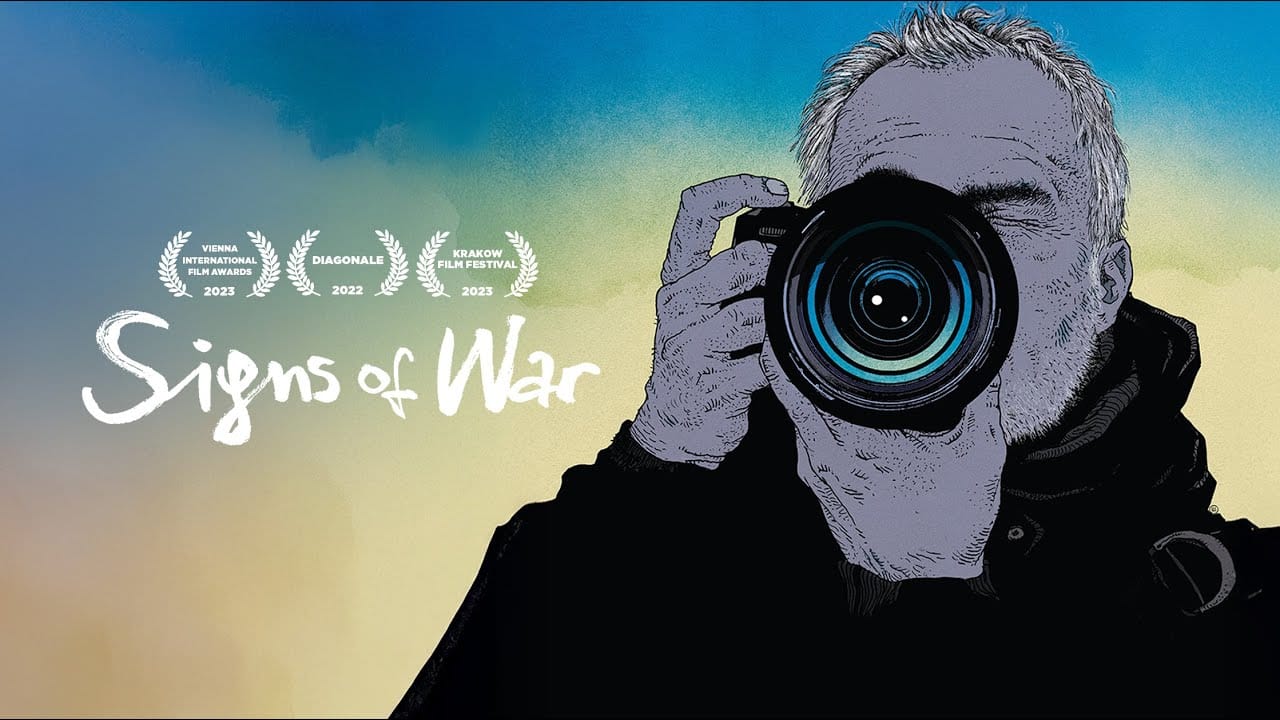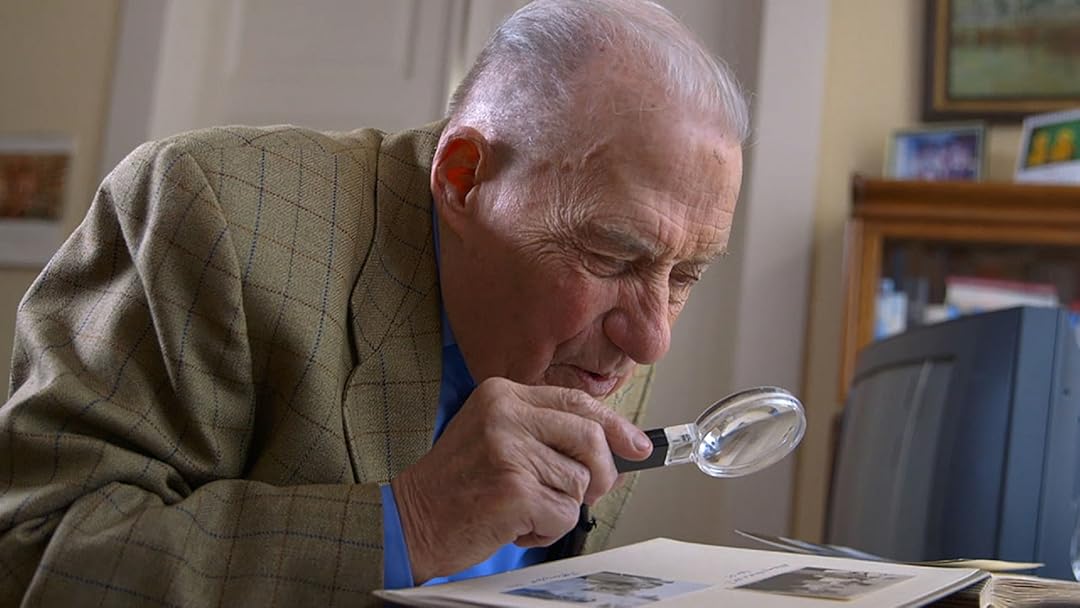Keywords: North Korea, illegal activities, Kim Jong-Un, UN sanctions, nuclear arsenal, international politics, human trafficking, economic strategy, Bureau 39, documentary, Sebastian Weis, Lukas Augustin, Carl Gierstorfer. Three words: 'Intriguing' 'Eye-opening' 'Shocking'
Introduction
"Bureau 39: Kim's Cash Machine" is a 2020 documentary directed by Sebastian Weis, Lukas Augustin, and Carl Gierstorfer. This film dives into the shadowy world of North Korea’s extensive illicit activities – ranging from printing counterfeit dollars, dealing drugs, arms smuggling, insurance fraud, to human trafficking - aimed at financing its nuclear arsenal.
Synopsis
The documentary unravels how North Korea, under the cloak of Bureau 39, has been systematically bypassing United Nations sanctions for decades. The film presents a detailed investigation into the secretive and sinister operations of the bureau, revealing an intricate network of illicit activities around the world that provide the funds for the country's nuclear ambitions.
More Film Analysis
Analysis
"Bureau 39: Kim's Cash Machine" adopts a journalistic style, intertwining interviews, archived footage, and expert commentary to shed light on the breadth and depth of North Korea's under-the-radar international operations. The film's extensive research and detailed investigation reveal the complexity of the country's illicit economic strategy.
Historical and Factual Context
North Korea has been under UN sanctions for years due to its nuclear program. Bureau 39, a secret organization within the North Korean government, has been allegedly involved in numerous illicit activities worldwide to generate funds for the country's nuclear ambitions.
Key themes in the film
- North Korea's illicit international operations
- The country's strategies to evade UN sanctions
- The role of Bureau 39 in financing North Korea's nuclear program
- The global impact of North Korea's activities
Film Comparisons
"Bureau 39: Kim's Cash Machine" could be compared to other investigative documentaries like "Inside Job" or "Dirty Money." However, its focus on North Korea's unique situation and strategies offers a fresh perspective on international politics and economics.
Noteworthy Moments
The documentary's revelations about the extent of North Korea's illicit activities are truly shocking. Particularly notable is the alleged involvement of North Korean diplomats in these activities, further complicating international relations.
Reviews
"Bureau 39: Kim's Cash Machine" was well received by audiences and critics alike for its in-depth analysis and revealing insights. Its comprehensive coverage of a usually inaccessible topic was highly praised.
Conclusion
"Bureau 39: Kim's Cash Machine" is a must-watch for anyone interested in international politics, economics, and North Korea's global influence. Its eye-opening revelations will leave you questioning the effectiveness of international sanctions and the lengths a state will go to preserve its ambitions.
More film information:
FILM SUMMARY
- Genre: Documentary
PERSONALITIES
- Kim Jong-Un
- Sebastian Weis: Co-director
- Lukas Augustin: Co-director
- Carl Gierstorfer: Co-director
LOCATIONS
- North Korea
- Several international locations linked to Bureau 39's operations
Key Questions Raised by the Film:
- How has North Korea managed to evade UN sanctions for so long?
- What is the extent of Bureau 39's operations?
- What are the implications of North Korea's illicit activities for international politics?
Links for Further Exploration:
- North Korea's Bureau 39: Slush fund for the Kim family
- [North Korea: The secrets of Office 39] (https://en.wikipedia.org/wiki/Room_39)
I wonder what the film would be in another art form



- If this film was a famous book, which one would it be? "1984" by George Orwell, for its depiction of a secretive and controlling state.
- If this film was a famous song, which one would it be? "Money, Money, Money" by ABBA, reflecting the unorthodox ways North Korea generates income.
- If this film was a famous piece of art, which one would it be? "The Scream" by Edvard Munch, symbolizing the shocking revelations and fear associated with North Korea's activities.
- If this film was a famous celebrity, who would it be? James Bond, symbolizing the clandestine and high-stakes nature of Bureau 39's operations.
- If this film was a color, which one would it be? Black, symbolizing the secrecy and illicit nature of Bureau 39's activities.
- If this film was a music style, which one would it be? Spy film scores, reflecting the suspense and intrigue of the documentary's narrative.








